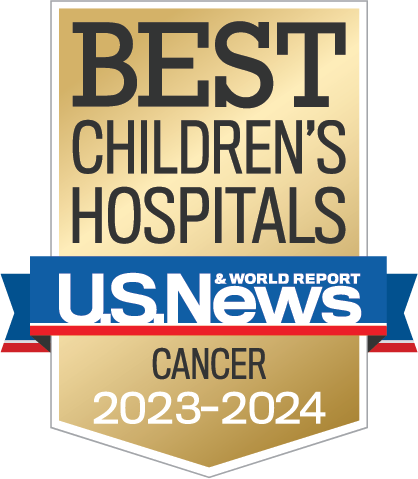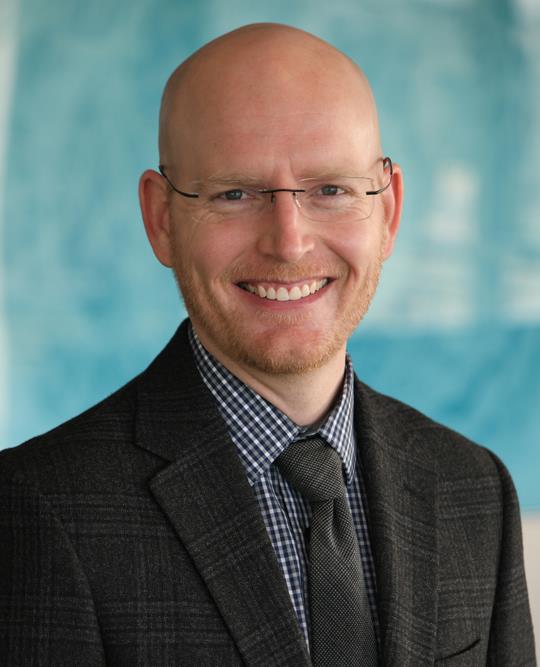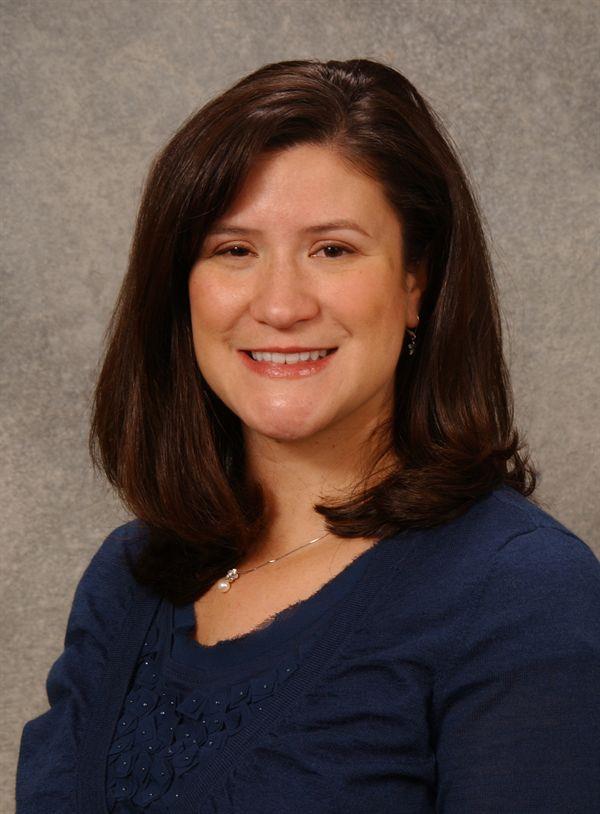- Doctors & Departments
-
Conditions & Advice
- Overview
- Conditions and Symptoms
- Symptom Checker
- Parent Resources
- The Connection Journey
- Calm A Crying Baby
- Sports Articles
- Dosage Tables
- Baby Guide
-
Your Visit
- Overview
- Prepare for Your Visit
- Your Overnight Stay
- Send a Cheer Card
- Family and Patient Resources
- Patient Cost Estimate
- Insurance and Financial Resources
- Online Bill Pay
- Medical Records
- Policies and Procedures
- We Ask Because We Care
Click to find the locations nearest youFind locations by region
See all locations -
Community
- Overview
- Addressing the Youth Mental Health Crisis
- Calendar of Events
- Child Health Advocacy
- Community Health
- Community Partners
- Corporate Relations
- Global Health
- Patient Advocacy
- Patient Stories
- Pediatric Affiliations
- Support Children’s Colorado
- Specialty Outreach Clinics
Your Support Matters
Upcoming Events
Child Life 101
Wednesday, June 12, 2024Join us to learn about the work of a child life specialist, including...
-
Research & Innovation
- Overview
- Pediatric Clinical Trials
- Q: Pediatric Health Advances
- Discoveries and Milestones
- Training and Internships
- Academic Affiliation
- Investigator Resources
- Funding Opportunities
- Center For Innovation
- Support Our Research
- Research Areas

It starts with a Q:
For the latest cutting-edge research, innovative collaborations and remarkable discoveries in child health, read stories from across all our areas of study in Q: Advances and Answers in Pediatric Health.


Hematology
Sickle Cell Anemia and Hemoglobinopathy in Children
We treat kids like they should be treated: like kids. That’s why we designed our hospital just for them.

What is hemoglobinopathy?
Hemoglobin is the protein in red blood cells that carries oxygen. Oxygen is important to sustain the body's tissues and cells.
Normal hemoglobin is called "hemoglobin A." Most people have AA hemoglobin, meaning they have two normal copies of the hemoglobin gene.
There are about 500 different types of hemoglobins, called variants. Most variant hemoglobins do not cause any problems. However, a few cause severe medical problems. People who have two variant hemoglobins have a condition called a "hemoglobinopathy."
What is sickle cell anemia and sickle cell disease?
The most common variant (different type) hemoglobin is S or sickle. When individuals have SS hemoglobin, it causes the red blood cell to form a crescent shape instead of the normal disk shape. If someone has two S hemoglobins, they have sickle cell anemia.
Some people will have one S and one C hemoglobin, which causes SC sickle cell disease.
If a person has one S hemoglobin and thalassemia, this causes sickle cell thalassemia disease.
What does sickle cell anemia do to the body?
If a person has sickle cell anemia or disease, there are many complications that can occur. In children with sickle cell anemia, the crescent-shaped red blood cell is not able to deliver as much oxygen as needed to the body – which can cause episodes of pain because of the condition.
What is thalassemia?
Other individuals may have thalassemia, a condition where the body does not make enough hemoglobin.
People with thalassemia who cannot make any normal hemoglobin have "beta thalassemia major." People who make less hemoglobin A than normal have "beta thalassemia trait." Both groups can have medical problems.
There are also other types of thalassemias caused by variant hemoglobins such as E, D and others.
What causes hemoglobinopathy and who gets it?
Variant hemoglobin is inherited from a parent, although the parent may not know he or she has it. People from any race or sex may have abnormal hemoglobin.
What are the signs and symptoms of sickle cell anemia?
Children with sickle cell disease generally are anemic, meaning they have low numbers of red blood cells. Some children do well, but others suffer with frequent painful crises (periods of pain), chest problems, gallstones, dead bone, infections and sometimes stroke. Children with sickle cell anemia should avoid cold, dehydration and high altitudes to help prevent becoming very ill.
What are the signs and symptoms of thalassemia?
People with thalassemia may be so anemic that they need regular red blood cell transfusions. If the thalassemia or sickle cell disease is mild, the person may not even be aware they have it (but the person is at risk of having a child with more severe problems).
What tests are used to diagnose hemoglobinopathy, sickle cell anemia and thalassemia?
The diagnosis of abnormal hemoglobin (a condition called hemoglobinopathy) involves checking a blood count, young blood cell count (reticulocyte count), a microscopic hemoglobin and sometimes sending blood to the lab to examine DNA.
The testing is done on blood taken from a finger poke or from the arm and results is usually available within two weeks. Children's Hospital Colorado has the only specialized hemoglobinopathy clinic in Rocky Mountain region.
How are hemoglobinopathy and sickle cell anemia treated?
Treatment for kids with abnormal hemoglobin (a condition called hemoglobinopathy) and sickle cell anemia is provided at the highly specialized Hemoglobinopathy Clinic at Children’s Colorado.
Care is delivered by an expert team including doctors, nurses, social workers, nutritionists and dentists. Radiology exams are performed by radiologists with expertise in hemoglobinopathies, and blood transfusions are done at the nationally-ranked Center for Cancer and Blood Disorders, if needed.
Next steps
-
Would you like to learn more about us?
Learn more about the Hematology Program -
Do you have questions about your child’s condition?
720-777-6740 -
Want a second opinion?
Get started
Get to know our pediatric experts.

Nathan Dahl, MD
Hematology/Oncology - Pediatric, Pediatrics
Patient ratings and reviews are not available Why?

Craig Forester, MD
Hematology/Oncology - Pediatric, Pediatrics

Vanessa Ann Fabrizio, MD
Hematology/Oncology - Pediatric, Pediatrics
Patient ratings and reviews are not available Why?




 720-777-0123
720-777-0123



